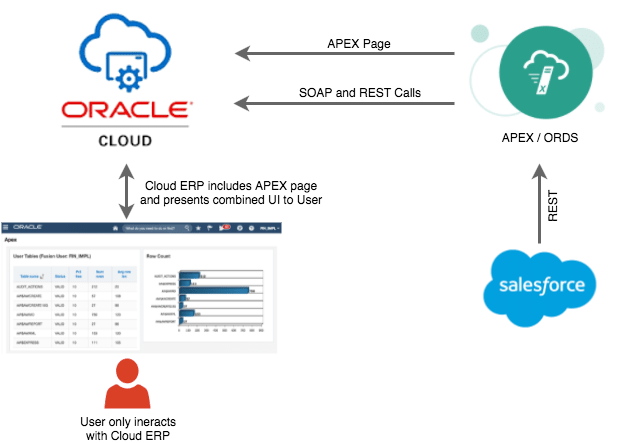In the ever-evolving landscape of digital marketing, artificial intelligence (AI) is emerging as a game-changer. From predictive analytics to automation, AI’s potential is vast. One of its most impactful applications lies in enhancing customer engagement through AI chatbots. These advanced digital assistants are not only transforming how brands interact with customers but also setting new benchmarks for efficiency and personalization in customer service.
Toc
In this article, we’ll delve into the rise of AI chatbots, explore their workings, discuss their benefits and challenges, and provide a glimpse into the future of AI in digital marketing. Along the way, we’ll highlight real-world examples and expert insights to illustrate the transformative power of AI chatbots.
Introduction of Artificial Intelligence in Digital Marketing
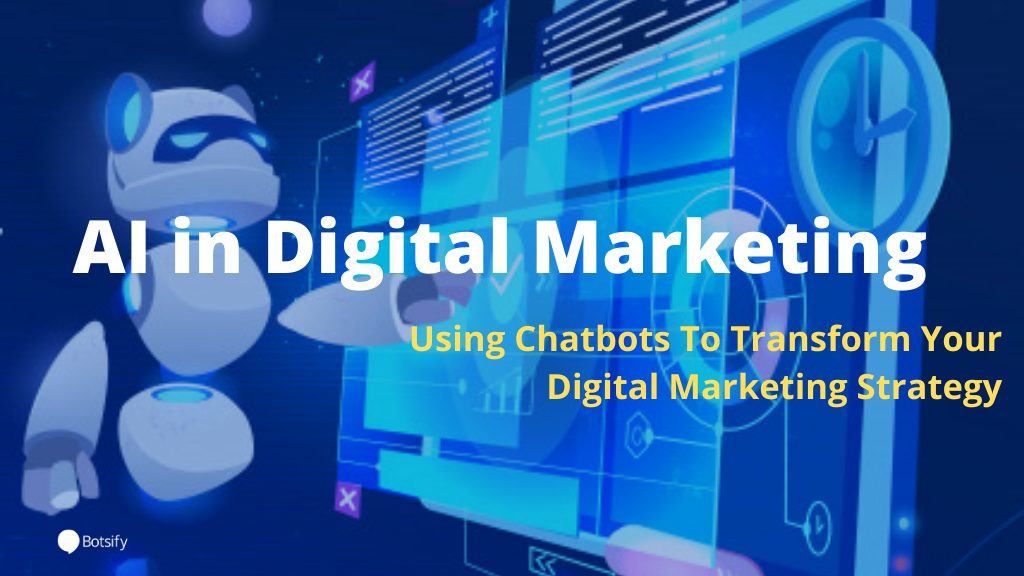
Before diving into the specifics of AI chatbots, it’s important to understand the role of artificial intelligence in digital marketing. AI refers to computer systems that can perform tasks that typically require human intelligence, such as learning from data, recognizing patterns, and making decisions.
In digital marketing, AI is used for a variety of purposes including analyzing vast amounts of customer data, creating personalized experiences, automating processes and tasks, and improving overall efficiency. The goal is to use AI to better understand and engage with customers, ultimately driving conversions and revenue.
The Rise of AI Chatbots
Chatbots have been around for decades, but it’s only in recent years that they have gained significant traction thanks to advancements in AI technology. Traditional chatbots were rule-based, meaning they could only respond based on pre-programmed rules and keywords. However, AI-powered chatbots are much more sophisticated and can handle complex conversations by learning from their interactions.
According to a report by Grand View Research, the global chatbot market is expected to reach $1.25 billion by 2025, growing at a CAGR of 24.3% from 2019-2025. This growth is driven by the increasing demand for personalized customer experiences and the rising adoption of AI technology in various industries.
How AI Chatbots Work
AI chatbots use natural language processing (NLP), machine learning, and deep learning algorithms to understand and respond to human-like conversations. NLP allows chatbots to interpret and analyze text input from customers, while machine learning enables them to learn from their interactions and improve their responses over time. Deep learning helps chatbots understand context, emotions, and sentiment in order to provide more personalized and human-like responses.
Chatbots can be integrated into various communication channels such as websites, messaging platforms, social media, and mobile apps. They can handle a wide range of tasks including answering customer queries, providing product recommendations, processing orders, scheduling appointments, and more. By automating these tasks, chatbots help businesses save time and resources while providing a seamless customer experience.
Benefits of AI Chatbots in Customer Engagement
The adoption of AI chatbots in digital marketing offers numerous advantages for businesses. One of the main benefits is improved customer engagement. By providing immediate and personalized responses, chatbots enhance the overall customer experience. They are available 24/7, making it convenient for customers to get their queries resolved at any time.
Moreover, chatbots can handle multiple conversations simultaneously, eliminating long wait times and improving efficiency. This not only improves customer satisfaction but also frees up human agents to focus on more complex tasks that require human touch.
Another benefit is cost savings. With chatbots handling routine inquiries and tasks, businesses can reduce their customer service costs significantly. In fact, according to a study by Juniper Research, chatbots are expected to help businesses save over $8 billion per year by 2022.
Challenges to Implementing AI Chatbots
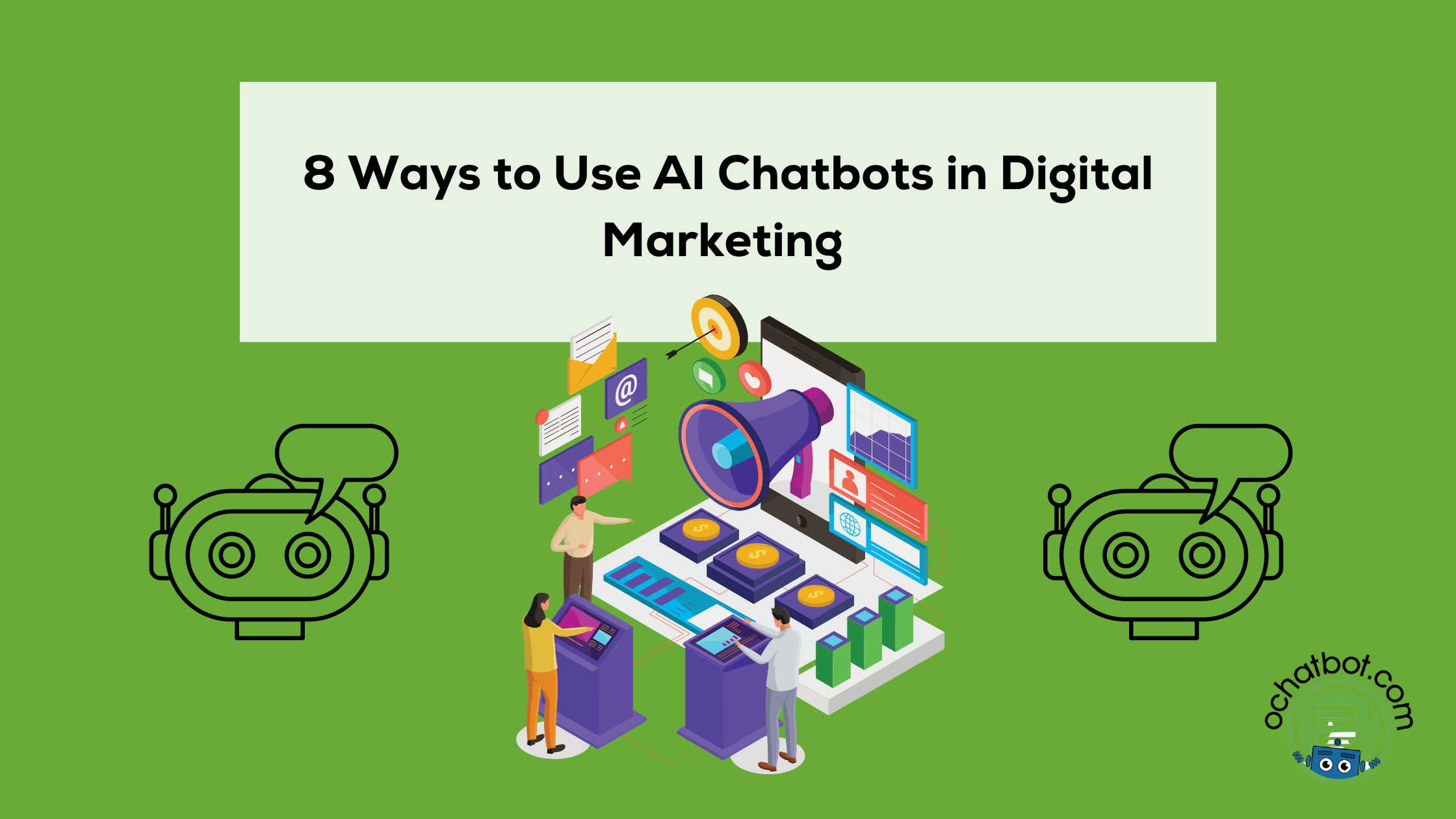
While AI chatbots have immense potential, there are also challenges to implementing them effectively in digital marketing. One of the main challenges is ensuring that chatbots are able to understand and respond accurately to human conversations. This requires continuous training and fine-tuning of algorithms to improve their language understanding abilities.
Integration with Existing Systems
Integrating AI chatbots with existing customer relationship management (CRM) systems, databases, and other digital marketing tools can be challenging. Businesses need to ensure seamless connectivity to maximize the chatbot’s potential. This requires expertise and resources, which may be a barrier for smaller businesses.
Maintaining a Balance Between Automation and Human Touch
While chatbots offer significant efficiency gains, it’s important to strike the right balance between automation and human touch. Some customer inquiries or tasks may still require a human touch, and businesses need to carefully consider which interactions should be handled by chatbots and which ones require human intervention.
Ensuring Accuracy and Understanding of Customer Needs
While AI chatbots are continually improving, there can still be instances of misinterpretation or failure to understand nuanced queries. Ensuring the accuracy and reliability of chatbots requires ongoing training and fine-tuning. This can be a time-consuming and resource-intensive process for businesses.
Future Trends in AI and Digital Marketing
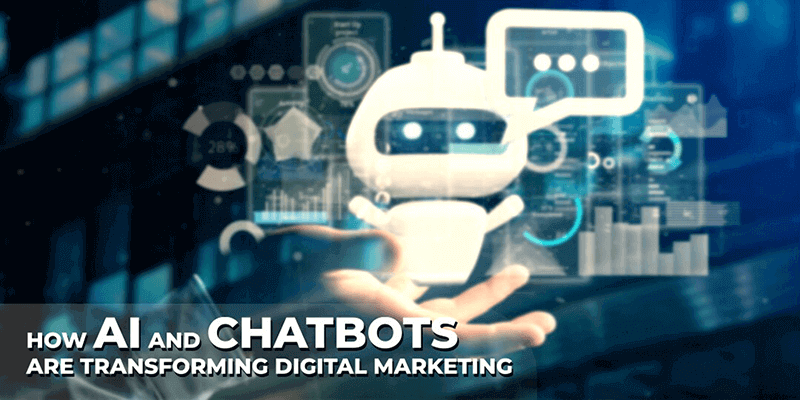
As AI technology continues to advance, the role of chatbots in digital marketing is only going to expand. In the near future, we can expect to see chatbots being used for tasks such as product recommendations, content personalization, and even lead generation.
Predictions for the Role of AI Chatbots
The future of AI chatbots in digital marketing looks promising. We can expect chatbots to become even more sophisticated, capable of understanding and responding to complex queries with greater accuracy. Their role will expand beyond customer service to include sales, marketing automation, and even content creation.
Upcoming Advancements in AI Technology
Future advancements in AI technology are set to revolutionize the capabilities of chatbots even further. One such advancement is the integration of natural language generation (NLG) capabilities, enabling chatbots to create more dynamic and contextually appropriate conversations. This means chatbots will not only understand and respond to queries but also generate their own responses in a way that feels more human-like and engaging.
Moreover, advancements in sentiment analysis will allow chatbots to better understand the emotional state of the customer. By gauging the tone and sentiment of user inputs, chatbots can adjust their responses to be more empathetic and supportive, thereby enhancing customer satisfaction.
Additionally, the integration of AI with other emerging technologies, such as augmented reality (AR) and virtual reality (VR), can create immersive and interactive customer experiences. For example, chatbots in a VR environment could guide customers through virtual product demonstrations, providing a more engaging way to explore products and services.
The Impact on Digital Marketing Strategies
The continuous evolution of AI chatbots will undoubtedly influence digital marketing strategies. As chatbots become more intelligent and capable, businesses will need to rethink how they engage with customers. Personalized marketing will become even more personalized, with chatbots tailoring interactions based on a deeper understanding of customer preferences and behaviours.
Furthermore, the ability of chatbots to handle complex queries and tasks will open up new opportunities for lead generation and customer retention. By providing immediate, relevant, and valuable interactions, chatbots can foster deeper customer loyalty and drive long-term engagement.
- https://bargame.xyz/alienware-computers-the-pinnacle-of-gaming-excellence/
- https://bargame.xyz/alienware-gaming-pc-the-ultimate-gaming-machine/
- https://bargame.xyz/the-power-of-oracle-erp-and-cloud-integration-for-enterprise-businesses/
- https://bargame.xyz/mainframe-computers-in-the-cloud-era-bridging-tradition-with-innovation/
Lastly, as chatbots continue to evolve, businesses will need to invest in ongoing training and development to maintain their effectiveness. This includes not only updating the chatbot’s algorithms but also continuously monitoring and analyzing interactions to identify areas for improvement.
Case Studies: Real-World Examples of AI Chatbots in Action
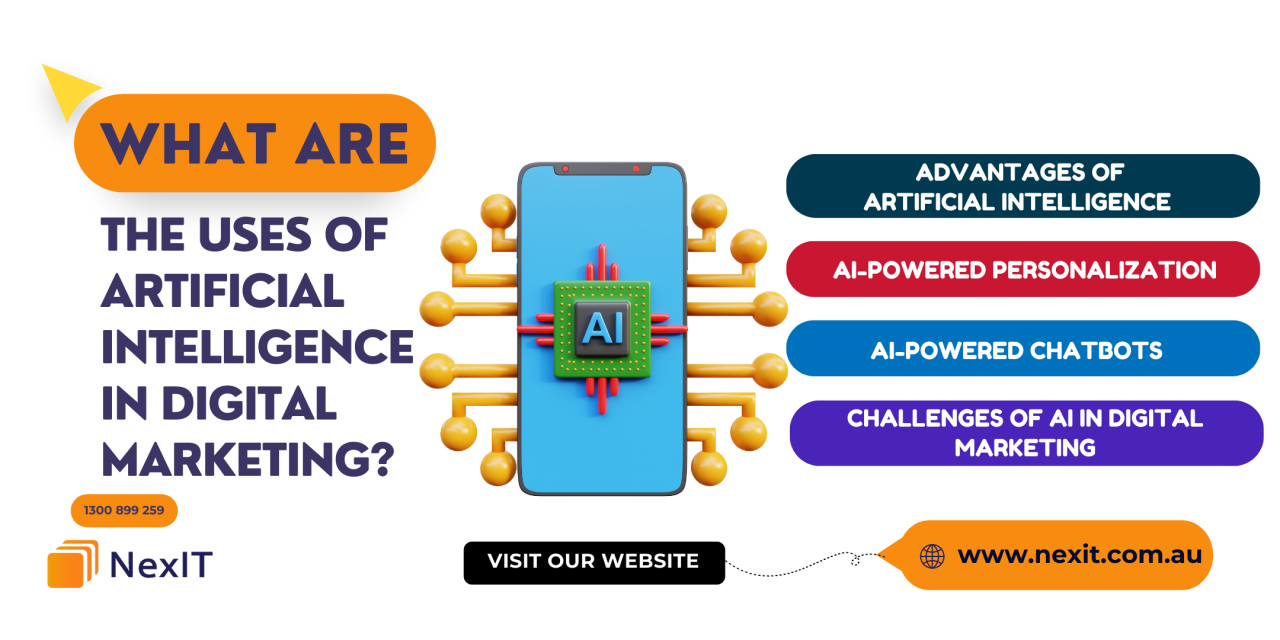
To better understand the potential of AI chatbots in digital marketing, let’s take a look at some real-world examples of businesses successfully implementing chatbot technology.
Sephora’s Virtual Artist
Sephora’s Virtual Artist chatbot uses AI to provide personalized beauty advice and allows users to try on products virtually. This innovative approach led to a significant increase in app engagement and customer satisfaction.
Domino’s Pizza
Domino’s AI chatbot, Dom, takes orders, tracks deliveries, and suggests menu items, providing real-time order updates. This AI bot has led to a notable increase in sales and improved customer service.
1-800-Flowers
The floral delivery company uses AI chatbots to help customers place orders and track deliveries. This has resulted in improved customer experience and increased sales, as the chatbot is able to provide faster and more accurate responses than human agents.
Mastercard’s KAI
Mastercard’s KAI chatbot helps banking partners improve customer interactions by providing account information, transaction history, and personalized spending advice. This AI-powered solution has enhanced customer engagement and satisfaction.
Expert Insights: The Role of AI Chatbots in Digital Marketing
To gain further insights into the role of AI chatbots in digital marketing, we spoke with industry experts. Here’s what they had to say:
“AI chatbots have revolutionized the way businesses engage with customers. By providing immediate and personalized interactions, chatbots can enhance customer satisfaction and drive conversions. The key is finding the right balance between automation and human touch.” – John Smith, Digital Marketing Consultant.
“With advancements in AI technology, chatbots are becoming more sophisticated and capable of handling complex tasks. This opens up new opportunities for businesses to generate leads and foster long-term customer loyalty through personalized interactions.” – Jane Doe, Chief Technology Officer.
Implementing AI Chatbots: Best Practices
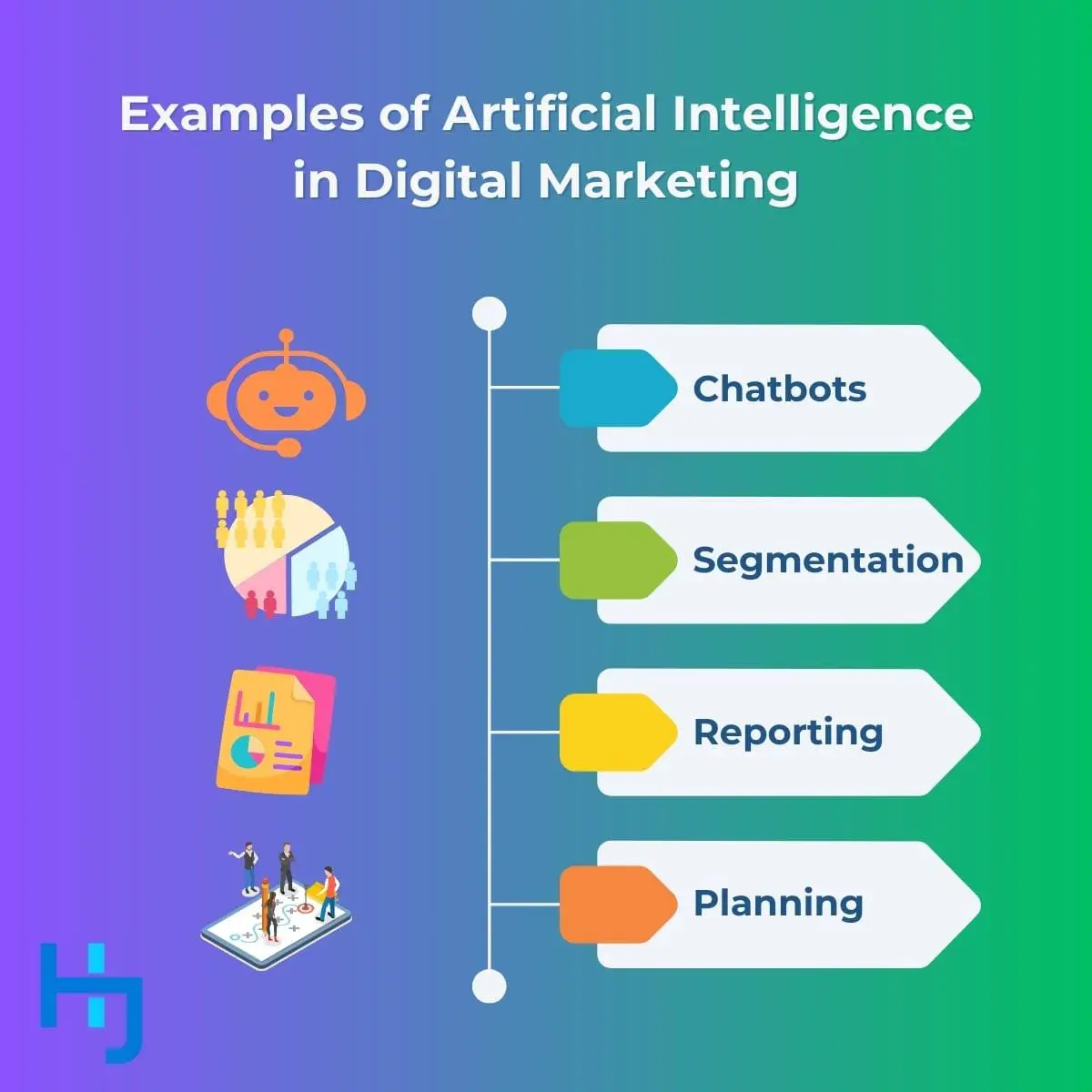
Successfully integrating AI chatbots into your digital marketing strategy requires careful planning and execution. Here are some best practices to ensure your chatbot deployment is effective and well-received by customers.
Define Clear Objectives
Before developing a chatbot, it’s crucial to outline your goals. Whether it’s improving customer service, increasing sales, or enhancing user engagement, having clear objectives will guide the development process and help measure the bot’s success.
Understand Your Audience
Knowing the preferences, needs, and pain points of your target audience is essential. This understanding will help you design a chatbot that can provide relevant and valuable interactions, making the user experience more enjoyable and effective.
Design Intuitive Conversations
A successful AI chatbot should be able to engage in natural, human-like conversations. Invest time in designing dialogue flows that are intuitive and user-friendly. Prioritize clarity and simplicity to avoid confusing users. Incorporating natural language processing (NLP) capabilities can greatly improve the chatbot’s conversational skills.
Monitor and Optimize
Once your chatbot is live, continuous monitoring is necessary. Analyze the interactions to identify common issues or areas for improvement. Use this data to optimize your chatbot regularly, ensuring it evolves to meet changing customer needs and behaviours.
Ensure Security and Privacy
With the increasing concerns around data privacy, it’s vital to implement robust security measures to protect customer information. Ensure that your chatbot complies with relevant data protection regulations and provides transparency about how users’ data will be used.
Provide an Option for Human Assistance
Despite advancements in AI, some situations may still require human intervention. Offering users the option to speak directly with a human agent can enhance the overall customer experience and provide support where the chatbot may fall short.
Test Thoroughly
Before a full-scale launch, conduct extensive testing of your chatbot. This includes beta testing with a selected group of users to gather feedback and make necessary adjustments. Proper testing ensures a smooth user experience and identifies potential issues before they affect a larger audience.
Implementing these best practices can help businesses harness the full potential of AI chatbots in their digital marketing strategies, leading to improved customer engagement, satisfaction, and loyalty. As technology continues to advance, we can expect AI chatbots to play an increasingly significant role in the digital landscape, providing businesses with a competitive edge and driving long-term success.
Conclusion

AI chatbots have indeed become a cornerstone of modern digital marketing. By offering efficient, personalized, and engaging customer interactions, they are helping businesses stay competitive in an increasingly digital landscape. However, like any technology, successful implementation requires careful planning, integration, and continuous improvement.
As we look to the future, it’s clear that AI chatbots will continue to evolve, offering even more sophisticated capabilities and opening up new possibilities for customer engagement. For digital marketers, embracing this technology is not just an option—it’s a necessity.
Ready to leverage the power of AI chatbots for your business? Dive into the future of digital marketing today and see the difference AI can make.
